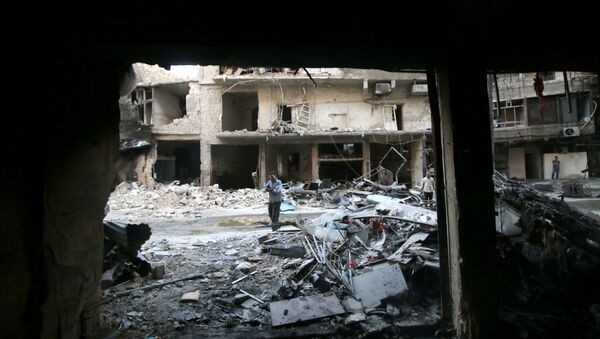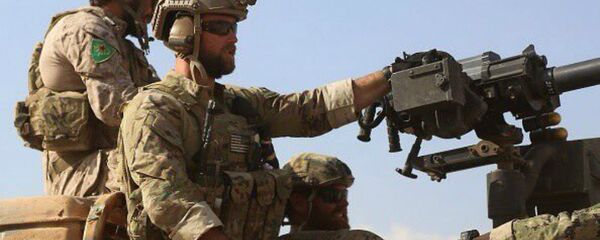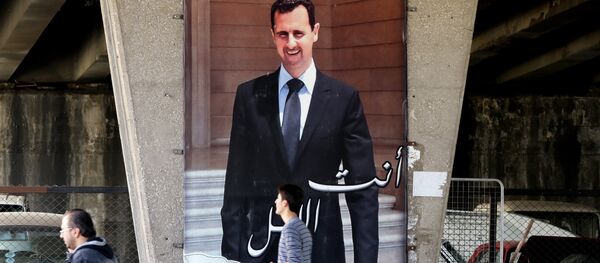Here's why. The Syrian Arab Army (SAA) is one of the few ground forces capable of defeating the terrorist group that still controls large parts of Syria and neighboring Iraq. Weakening the SAA as a means to influence Assad will only fuel a "toxic" environment in the country that is already torn along sectarian lines.
Should the SAA fall, "the most radical elements would quickly overpower the alleged moderates that the United States perhaps erroneously believes that it is supporting, leading to even more atrocities directed against religious non-conformists and minority groups," he detailed.
This strategy has most recently been applied to Afghanistan, Iraq and Libya, bringing destruction and chaos to once stable countries. Since post-intervention planning has not been Washington's strong suit, there is no reason to assume that the next regime change will bring peace and stability to any country, be it Syria or someone else.
It follows then that Washington should focus on a different strategy when it comes to Syria.
"If there is an actual American interest in the conflict it would be to work with those who are enemies of [Daesh] instead of so-called friends like Turkey and Saudi Arabia that are actually enabling the group," Giraldi added, referring to Moscow, Damascus and Tehran.
However, Russia or its possible response to the US launching targeted airstrikes against the SAA does not seem to have come to the mind of those, who penned the State Department memo.
"Apparently the 51 'diplomats' who have been unable to practice much diplomacy in the real world somehow believe that bombing the Syrian government can be accomplished with Moscow sitting idly by, too terrified by Washington's show of force to respond," he noted. "It would be a mistake to think that."
Then again, the document might not have been a policy guideline, but rather "an application letter to join the hawkish Hillary Clinton foreign policy team," Giraldi observed. After all, the former US State Secretary has repeatedly called for a more muscular approach to handling al-Assad.
What "the fiercest chair-borne warriors," as the analyst called the dissenters, do not seem to understand is that this "vision of peace through military dominance" is precisely what has ruined the Middle East and brought the US into trouble.




